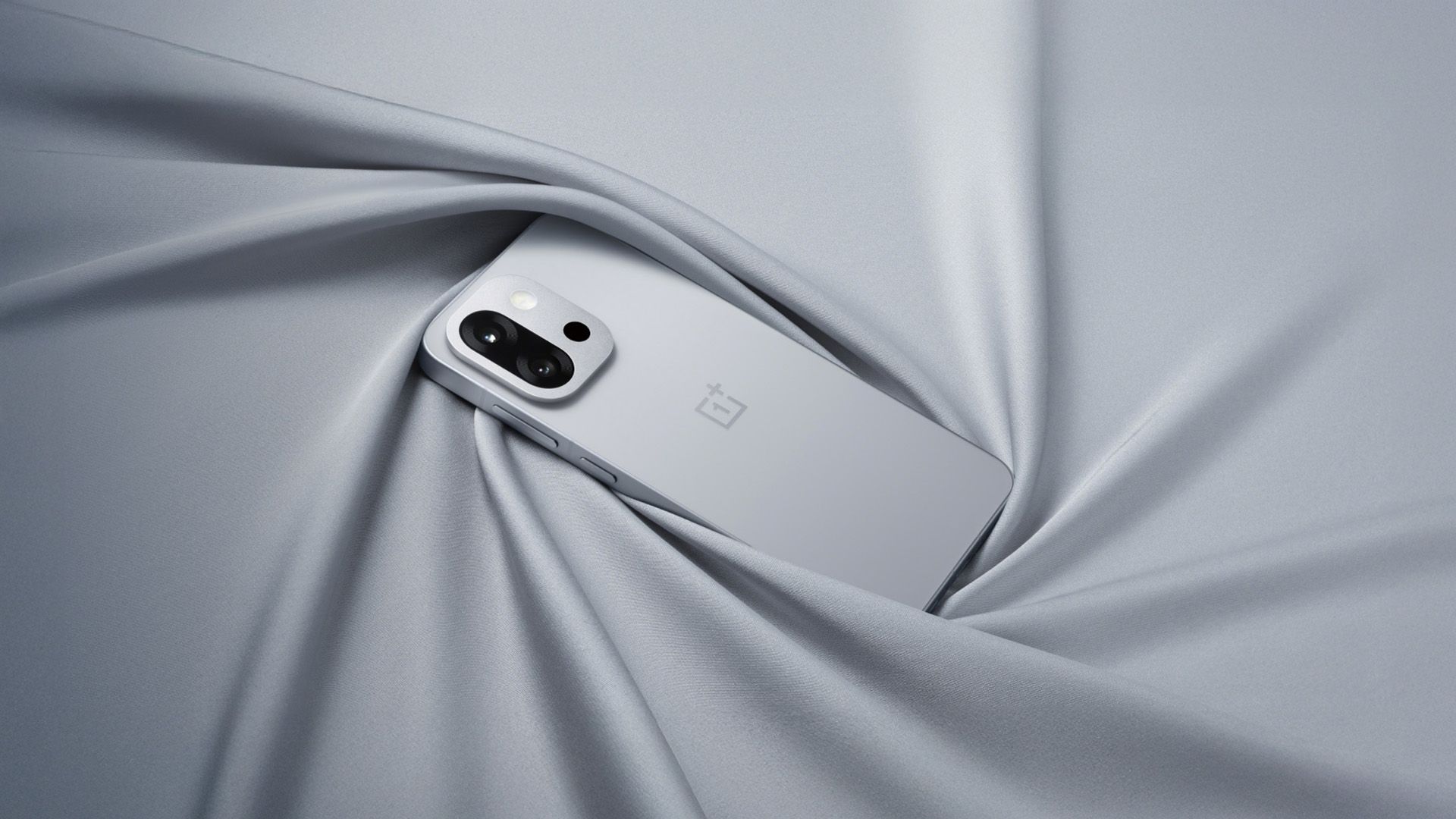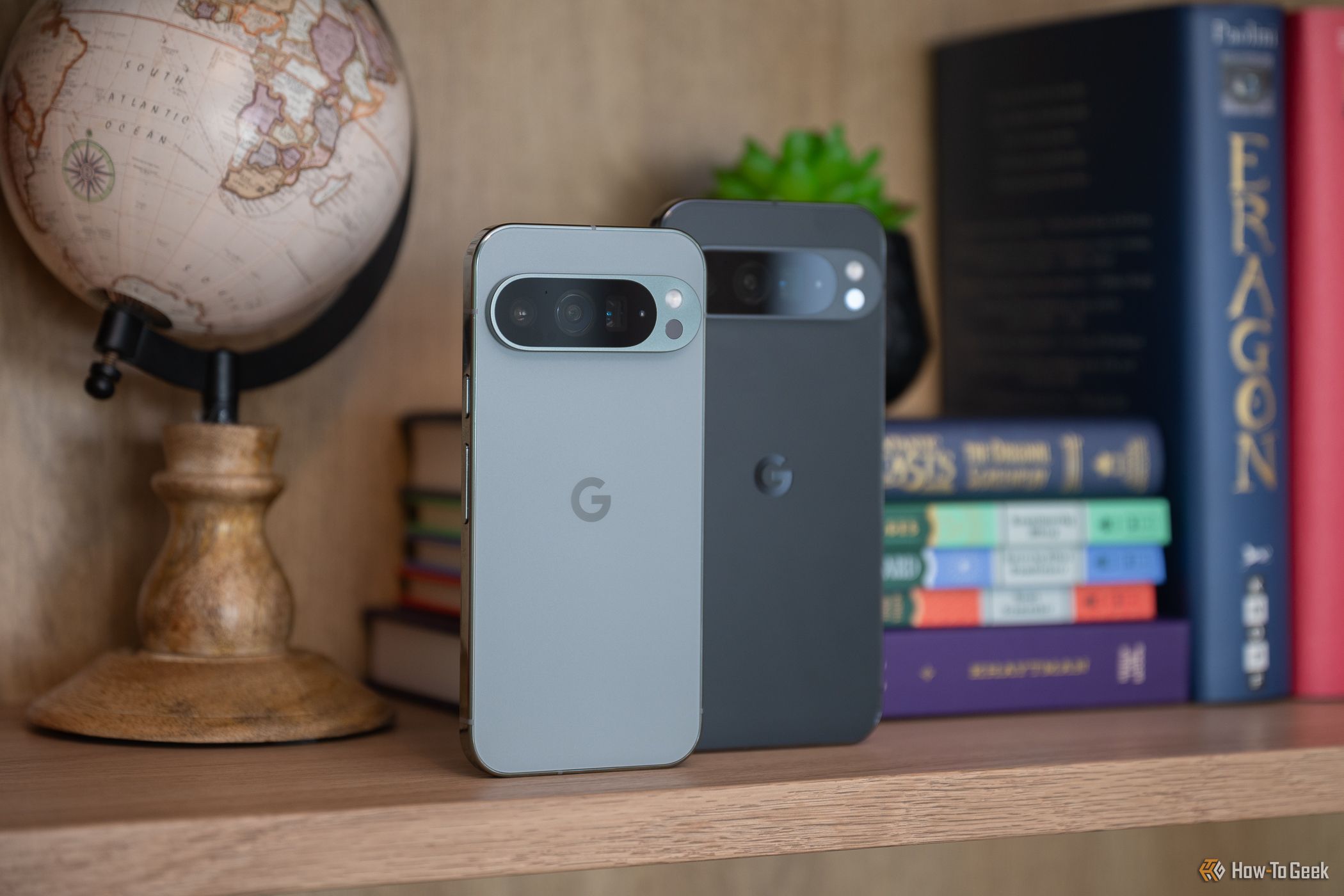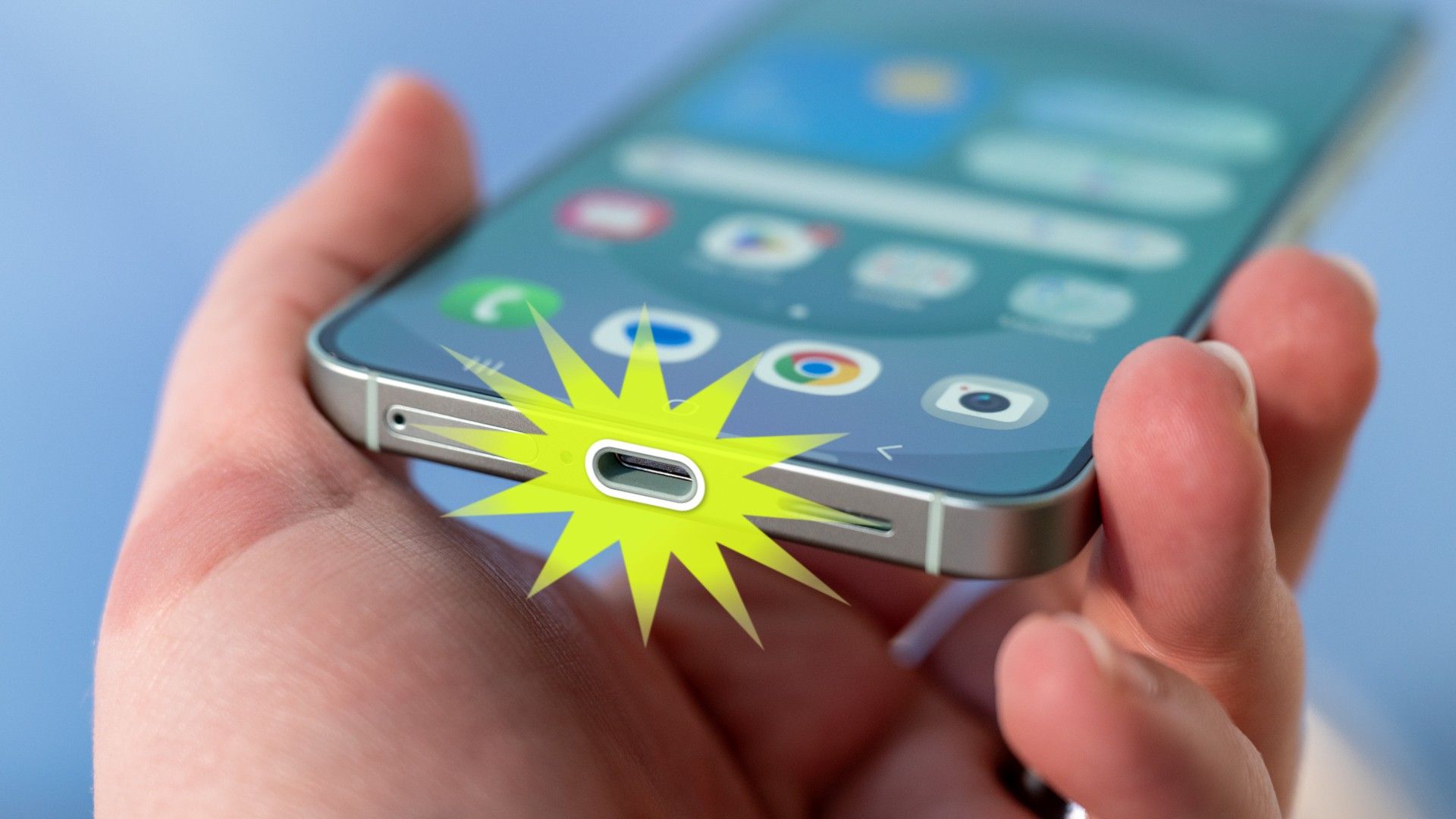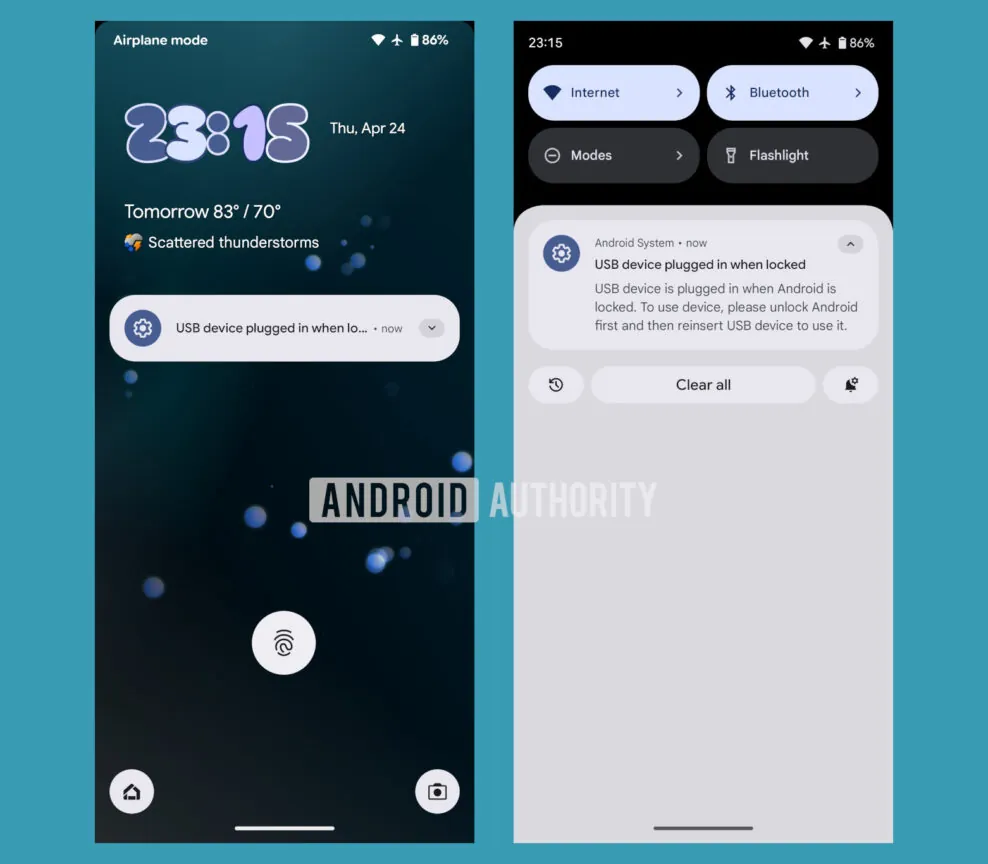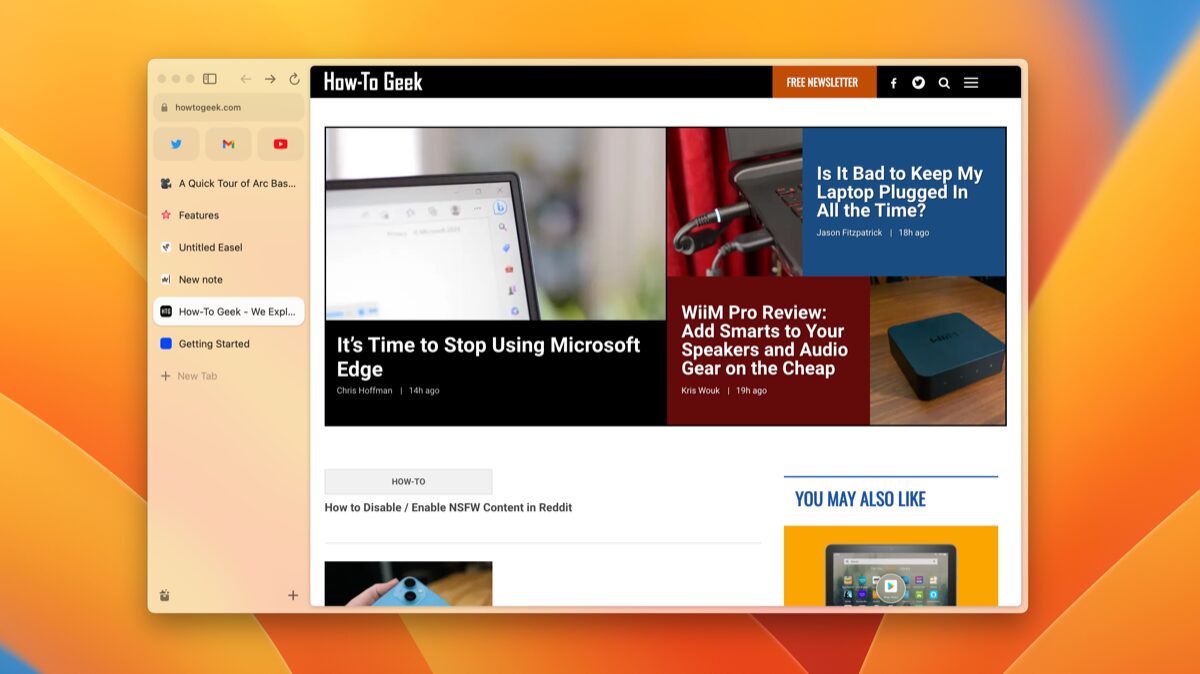Android 16’s New Protection Mode Will Protect Against Bad USB Devices
Summary
- Android 16 introduces “Advanced Data Protection” for USB connections.
- The feature blocks USB access when the phone is locked, enhancing security.
- Google seems to be prioritizing user privacy and security with this proactive approach.
Android 16 is shaping up to be a pretty decent release. One intriguing feature that seems interesting is the introduction of “Advanced Data Protection” for USB connections. It looks like Google is serious about tightening security, and this new setting could be a big deal.
Currently, when you plug your Android phone into a computer via USB, it often defaults to a mode that allows file transfer, and it doesn’t matter if your phone is locked or not. The same can be said for USB accessories–they work regardless of lock status. While convenient, this also opens up a potential security vulnerability. If your phone falls into the wrong hands or if you connect to a compromised device, your data could be at risk. Android has long offered options to change the USB mode, but it hasn’t always been the most intuitive process.
With Android 16’s Advanced Data Protection, it seems Google is taking a more proactive approach. There are not a lot of details yet, but the name itself suggests a stronger layer of security when you connect via USB. Most importantly, it seems to block USB connections when your device is locked. It requires unlocking before any data transfer or connection can happen.
This would make USB security a much easier process. Imagine plugging your phone into a public charging station at an airport. With this enhanced USB data protection, as long as your phone is locked, your personal files wouldn’t be easily accessible to anyone monitoring the connection. This is something always in the back of my mind when I’m charging my phone in a public place.
The video below shows one of the ways this feature will work. We can see Android reject a USB stick and a keyboard inserted into a Pixel phone with the USB protection feature enabled. It’s only after unlocking the device that they’re able to function correctly.
This move also aligns with Android’s increasing focus on user privacy and security across. Operating systems and apps have been providing users with more control over their data, and Android 16 appears to be continuing that trend. By making USB connections more secure, Google would be taking some of the responsibility out of your hands. However, the feature appears to be opt-in, so you’d need to enable it first.
Of course, we’ll need to wait for the official release of Android 16 to see exactly how this Advanced Data Protection feature works in practice. It’s not available in the most recent Android 16 beta. Still, we know it will be a welcomed addition for security and privacy-conscious users.
Source: Android Authority

Related
The Final Android 16 Beta Has Arrived
As expected–and literally announced by Google yesterday–the next Android 16 Beta has been released. This is the fourth beta, and it marks the end of the Android 16 beta schedule. Like last month, this version focuses on stability, as well as the newly launched Pixel 9a.








